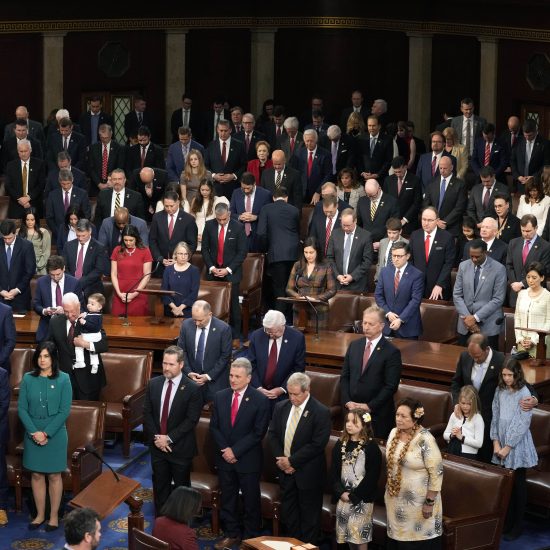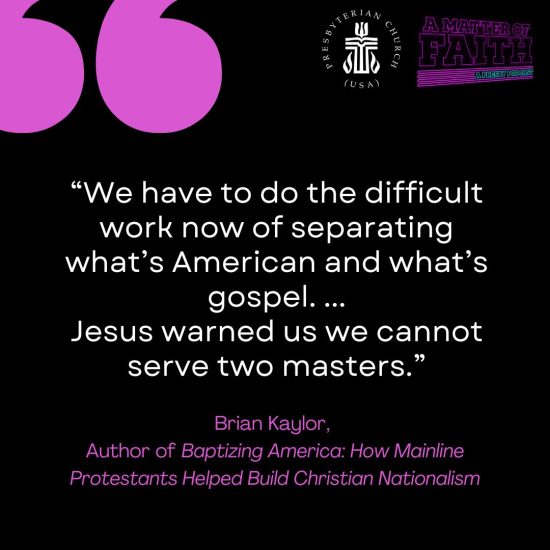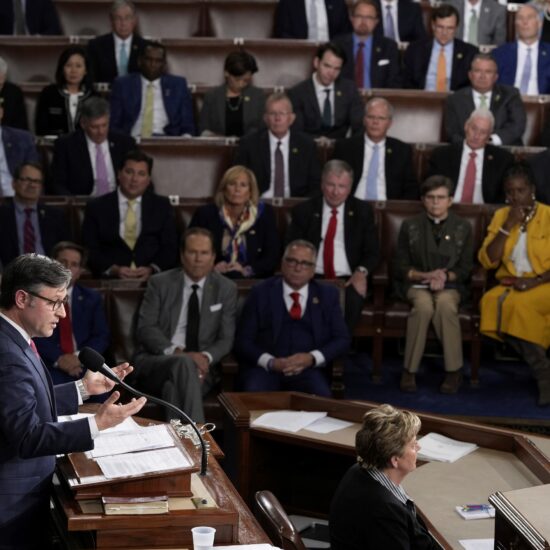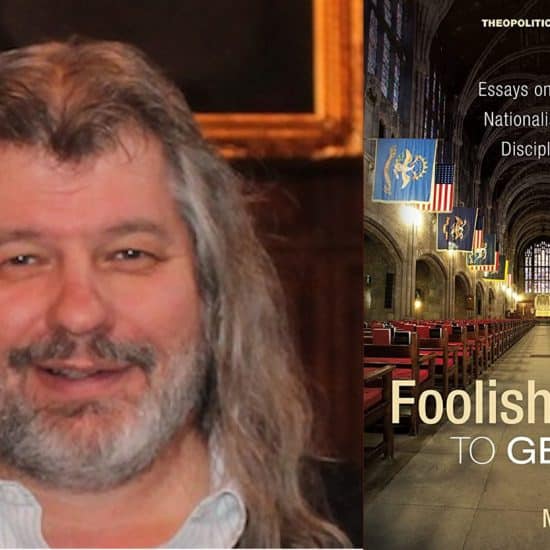
(RNS) — One unfortunate aspect of the American culture war is the tendency to weaponize words in ways that stretch them beyond any semblance of their original meanings. Terms such as “woke,” “PC,” and “cancel culture” are now deployed to signal that something is bad without shedding meaningful light on the reasons why it’s bad.
The latest term to meet this fate may be “Christian Nationalism.” Since the attack on the U.S. Capitol, it’s showing signs of becoming an all-purpose condemnation of any effort to integrate Christian beliefs with civic engagement, even perfectly peaceful ones.
So what is Christian Nationalism, and what is it not?
Paul Miller, a Georgetown University professor and author of a forthcoming book on Christian Nationalism, explains that Christian Nationalism is a political ideology that holds that “the American nation is defined by Christianity and that the government should take steps to keep it that way to sustain and maintain our Christian heritage.”
If America was founded for a unique purpose by God, then the Constitution was divinely inspired, and displaying the American flag in church sanctuaries is not a blurring of American and Christian identity but a natural marker of faith. In the rhetoric of Christian Nationalism, power is emphasized over principle.
Why is Christian Nationalism so dangerous?

(Beverly Lussier/Creative Commons)
Put simply, when we merge our religious identity with our political identity, we will do anything to ensure that our political tribe prevails. We are no longer debating ideas about which reasonable people can disagree; we are defending Christianity against its enemies.
It’s why Eric Metaxas said, in reference to his claims of a stolen election, that it’s “God’s will” for America to keep spreading liberty around the world, and so, “Who cares what I can prove in the court?” Regardless of what the courts say about election fraud, “we need to fight to the death, to the last drop of blood because it’s worth it.”
When a particular political outcome becomes a tenet of my Christian faith, there’s nothing left to argue about. And when there’s nothing left to argue about, that’s a very dangerous place for democracy to find itself.
So there you have the broad outlines of what Christian Nationalism is. What is it not?
Christian Nationalism is not Christian patriotism. Love of country is a healthy aspect of being human, a reflection that the particularity of place matters to our identity and values. Patriotism becomes unhealthy when we reimagine our national identity as an expression of divine will, elevating our nation above others on some sort of God-ordained hierarchy.
Christian Nationalism is not Christian political engagement. We are not a “Christian nation” in the sense that Christian Nationalists mean. We are a nation in which our political discourse has long been shaped by Christian values, on both the left and the right. The civil rights movement was infused with Christian images and principles. The progressive push for immigration reform prominently features Christ’s admonition about welcoming the stranger.
Christian ideas should only be an entry point to a broader conversation with Americans of any (or no) faith tradition, not as a sledgehammer to stop their contribution to the debate. On the issue that’s been the most contentious over the past half-century, abortion, the most effective pro-life voices have been steeped in Christian principles. But the core of their arguments has been grounded in observations about fetal development and articulations of life’s value in terms that are accessible beyond Christianity.
On both sides of the political spectrum, the most effective advocates convey the public relevance of Christian values in terms that are wide open to rational disagreement.
The dangers of Christian Nationalism are real, but let’s not let tribal posturing confuse those dangers in ways that marginalize the values-based arguments that have been — and hopefully will continue to be — central to American democracy.
Robert K. Vischer is dean of the University of St. Thomas School of Law.






